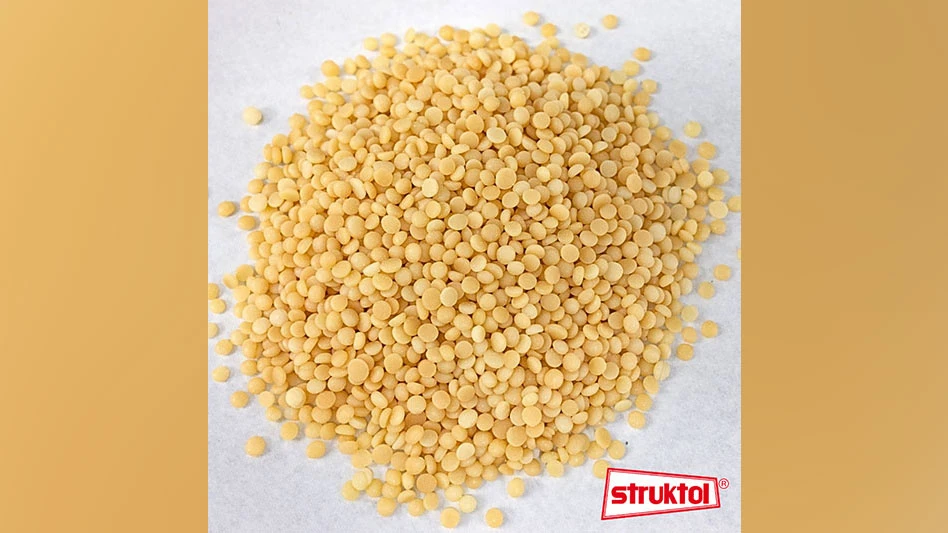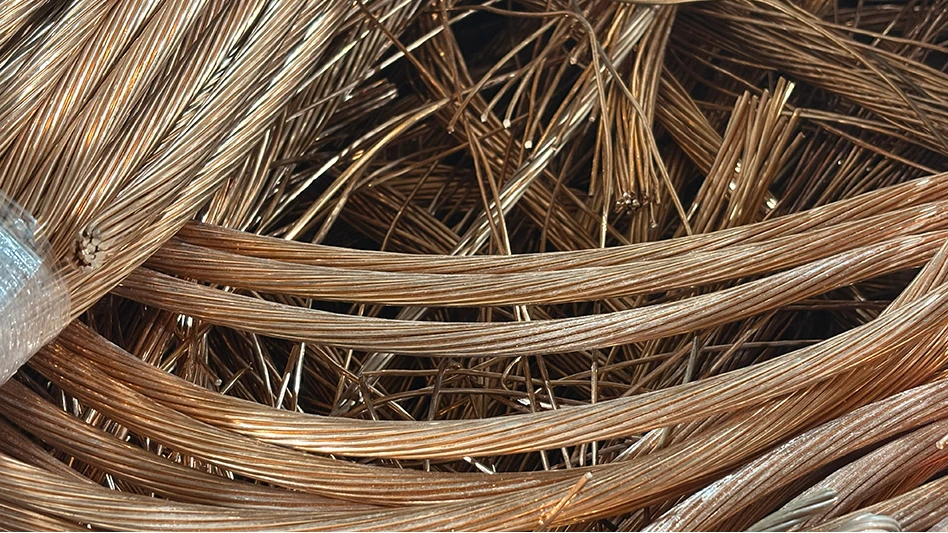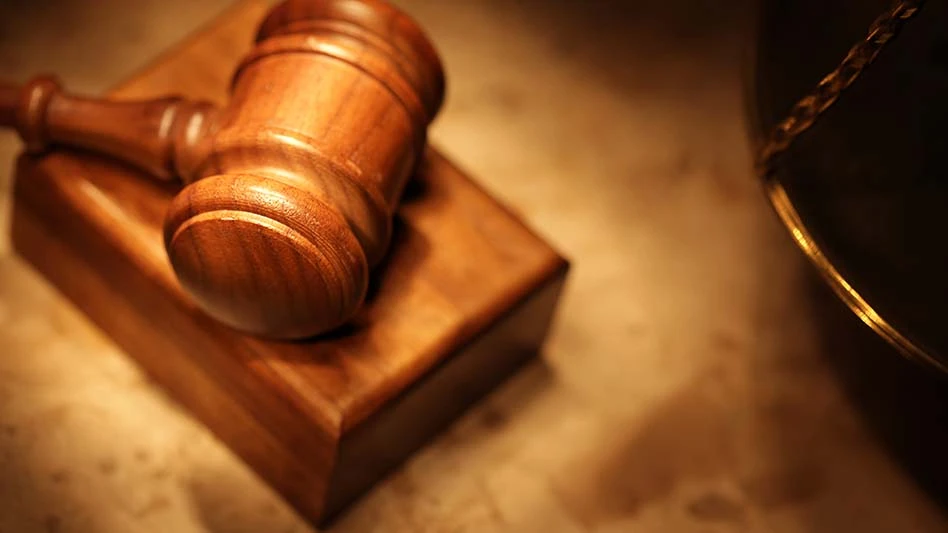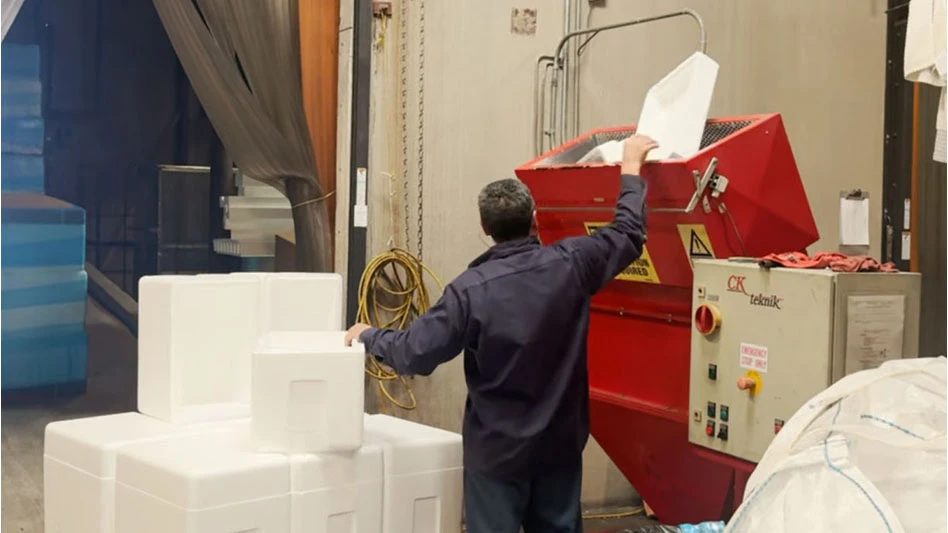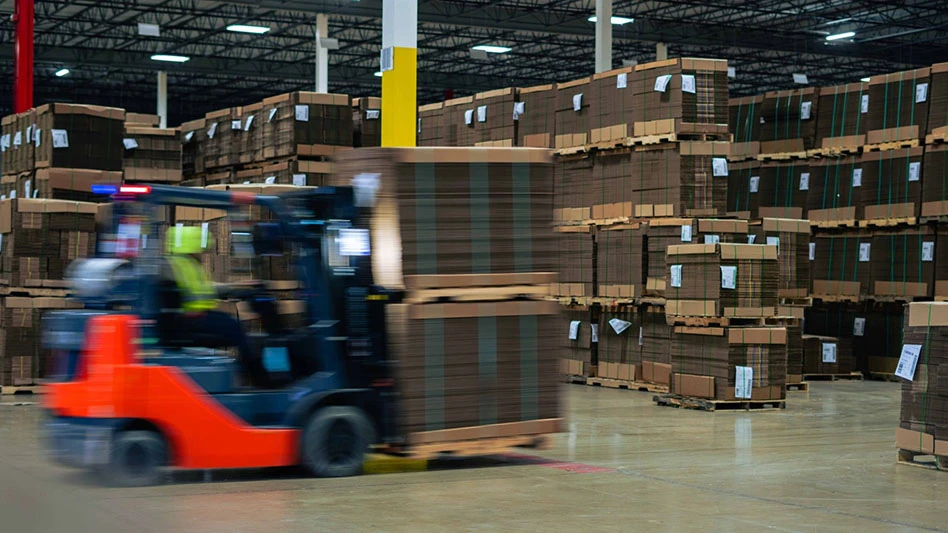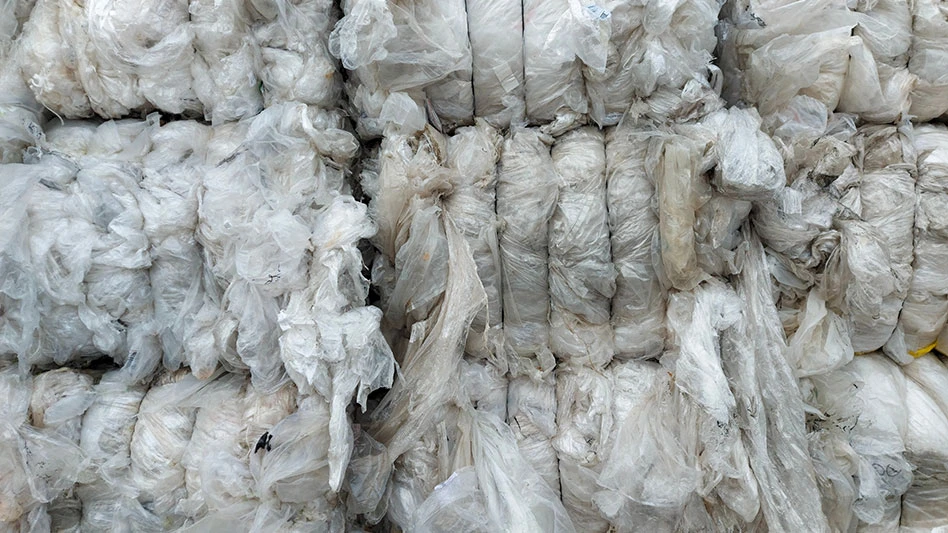
Olga Mishyna | stock.adobe.com
Sonoma, California-based Stina Inc. has announced a milestone in its Tube Recycling Project and launched PlasticTubeRecycling.org, a website aiming to outline and illustrate the key elements of recyclability for plastic squeeze tubes.
In 2015, Stina began the U.S.-focused Tube Recycling Project with a group of stakeholders it says were interested in understanding the barriers of recycling plastic squeeze tubes and working toward solutions. A complementary project launched in Europe in 2020.
According to Stina, design was a key challenge early on. For example, toothpaste tubes with aluminum barrier layers presented a problem, and the compatibility of other tubes was unknown. Stina says collaboration between producers and multistakeholder engagement across the plastic recycling value chain made it possible to understand the recyclers' perspective, helping to propel producers to design tubes with recycling in mind.
“Today, we are pleased to announce that the efforts of the Tube Recycling Project's brand and converter companies have achieved a critical milestone,” Stina Chief Operating Officer Stacey Luddy says. “The data shows 90 percent of toothpaste tubes and over 75 percent of all HDPE [high density polyethylene] plastic squeeze tubes on the U.S. market today have designs compatible with a valuable recycling stream, the color HDPE bottle stream.”
At the start of the project, Stina says it was imperative to determine if recyclers could recycle plastic squeeze tubes with an existing commodity stream. The project has collected and shared information with reclaimers on generation, market share, compatibility and sortability to show compatibility throughout the recycling process.
The collaborative nature of the stakeholder groups involved in the Tube Recycling Project was critical to innovating the packaging and the process, Stina says. Brands and tube manufacturers were able to assess the packaging for recyclability requirements by the Association of Plastic Recyclers, Washington, and RecyClass, Belgium, to balance the design drivers and make progress toward tubes designed for recycling.
“Design for recyclability is critical to providing quality material to reclaimers in order to produce quality feedstock for recycled content,” says Scott Saunders of Troy, Alabama-based KW Plastics. “The efforts that brands have made to convert the majority of tubes to compatible designs is great progress, and we are happy to accept them.”
Latest from Recycling Today
- You have production scrap, WEIMA machinery processes it where it’s made
- CP Group, Cisek Inspections forge innovative X‑ray recycling alliance
- Regroup, CP Group unite for cutting-edge Halifax MRF
- Modern MRFs: AI, automation and safety, redefining recycling operations
- CalRecycle opens comment period on proposed SB 54 revisions
- 2026 Circular Steel Summit: Taking stock of tariffs
- CDRA Conference & Tradeshow 2026: Addressing battery fire risks
- Darda equipment now available in North America
